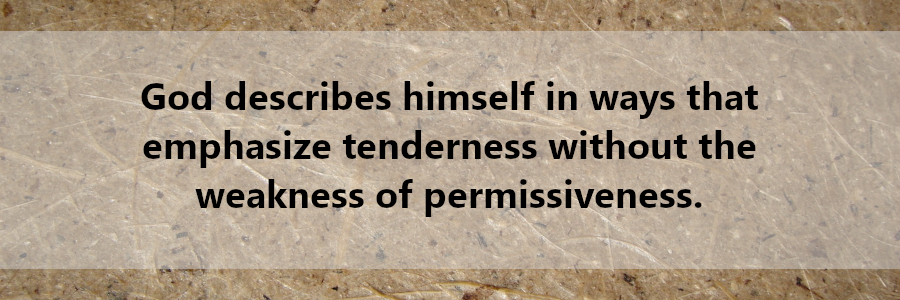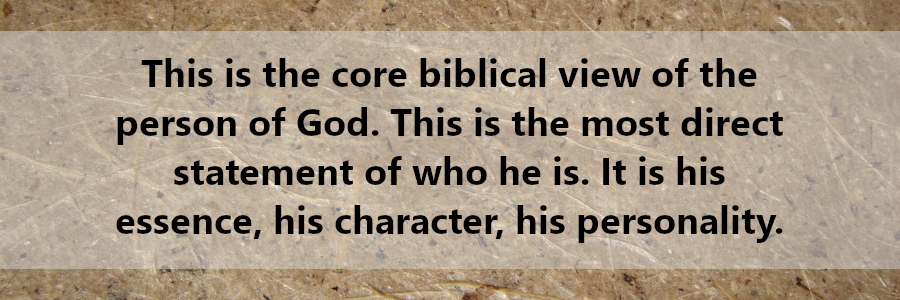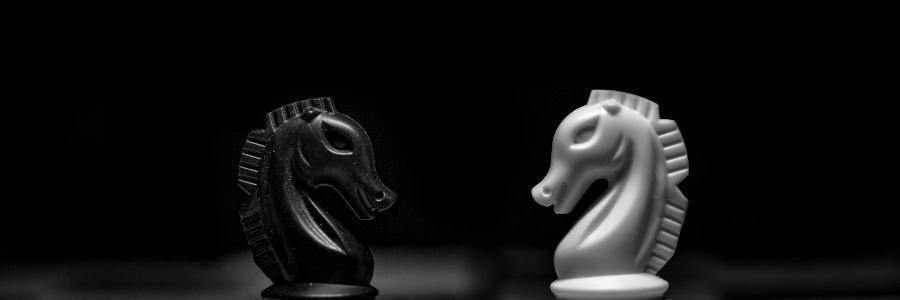When You’re Tempted to Hate People, Part 9: Justice and Mercy
Read the series.
We’re exploring God’s foundational description of himself, on the assumption—well founded in Scripture—that we ought to treat others the way he does. We’re getting to the end of the list, where there’s a cluster of attributes that we really need to discuss together.
Exodus 34.7 puts it this way:
Discussion
When You’re Tempted to Hate People, Part 6: Loyal Love
Read the series.
The fourth characteristic that God emphasizes about himself is that he is “abounding in lovingkindness.”
If you’ll compare the different ways that last word is translated, you find that it has a broad range of meaning and significant theological depth—
Discussion
When You’re Tempted to Hate People, Part 4: Grace
Read the series.
In his foundational self-description, the first thing God tells us about himself is that he’s compassionate. By nature, he feels deeply for the hurts and trials of his creatures—even the animals (Jon 4.11), but most especially those in his image.
He cares.
Discussion
When You’re Tempted to Hate People, Part 3: Compassion
Read the series.
In his primary description of himself, God includes a list of related attributes (Ex 34.6-7):
Discussion
When You’re Tempted to Hate People, Part 2: How God Describes Himself
As we’ve noted, even Jonah the bigot knew that God had revealed himself as a God of compassion, who extends mercy even to the most wicked, upon their repentance—and who seeks that repentance from them.
When and where did God reveal this?
It begins with Moses.
Discussion
When You’re Tempted to Hate People, Part 1: Introduction
We’re polarized.
Yep.
And each side sees the other as the Ultimate Personification of Evil.
They’re bad people, you see. They want to destroy us and all that we hold dear.
No tactic is out of bounds in our desire to destroy them.
It’s war.
Bring it.
There were situations like this in biblical times: existential crises, where God’s people, and all they held dear—or should have held dear—was under assault by those who hated what they stood for, because they hated the God who had chosen them for himself.











Discussion